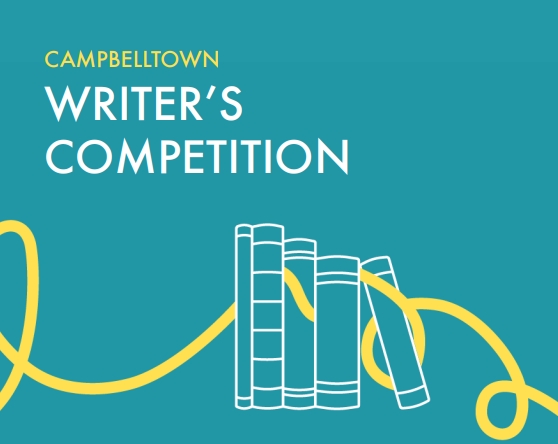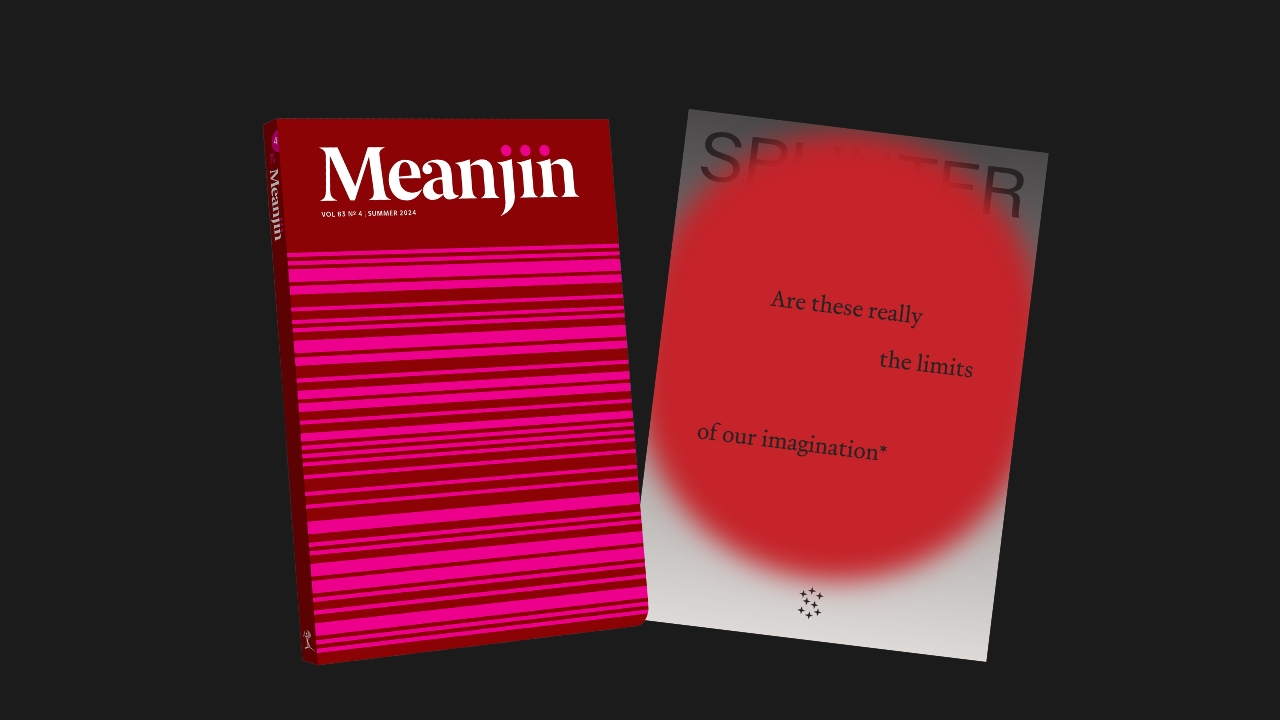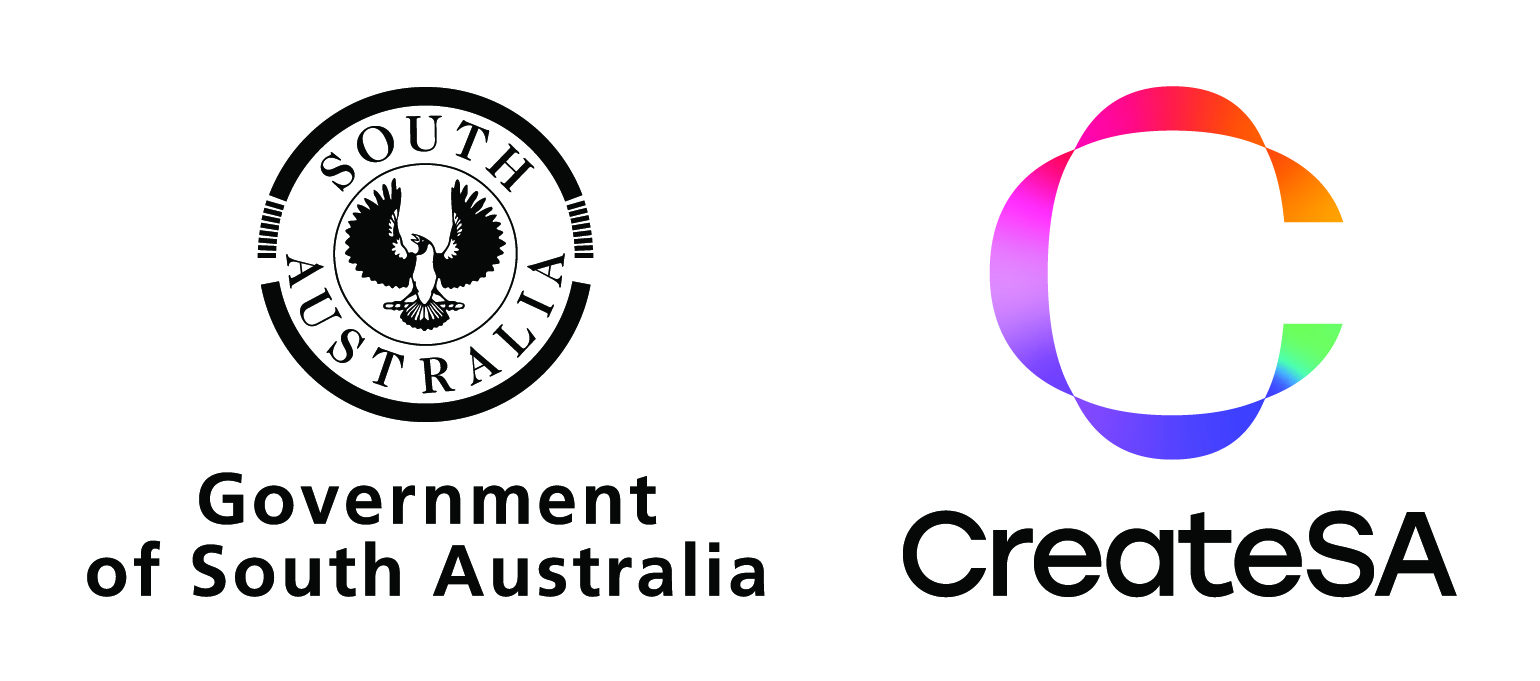I was cured of my writers’ block one autumn day in Toronto, about 15 years ago.
I was attending a creative writing session at the library. The room was packed; they had a series of Canadian authors presenting their ‘how to do it’ tips. It was cold outside and cosy in this well-heated open library space. The author – Sarah Sheard, I remember her well –had a soothing, slightly soporific voice. With a new baby and therefore obligatorily sleep-deprived, I was probably drifting off: ‘Perhaps,’ Sarah suggested languidly. ‘Perhaps if you don’t write, you are not really a writer. You can’t consider yourself a writer. Perhaps you never will be one.’
What?! This jolted me wide awake. Not a writer? Never a writer?
I had a million excuses for not writing. I could list them off but that would be too boring. I will just cut to the chase and say that a bit of provocative therapy was what I really needed at the time. A kind of eureka moment – if I didn’t actually start my novel, I would never actually write it. So I put one foot in front of the other – actually I just started in the middle, and eventually I got there. After the novel was published I got (or rather recovered) the writing bug, and since then I’ve had some fantastic writing related opportunities and an occasional (if modest) publishing success. Also occasionally I suffer a bout of this strange affliction we call Writers’ Block, and that’s when I think it’s worth taking the time to analyse what is going on. Because one thing is sure, it is not a lack of time. The busiest people I know are also the ones who are writing speculative fiction trilogies while they get on with their jobs, families, medical dramas, divorces – LIFE etc.
Maybe you are reading this far because you have noticed a few symptoms of writers’ block (it’s a common affliction). Maybe, it’s post-Christmas lethargy – or maybe you have made a New Year’s resolution. In my (real) job as a psychologist I am often talking to people about motivation. I think it’s worth figuring out whether you are stuck due to motivational factors or to other, more writing-specific factors (if you are stuck; you might just want to get some fresh ideas).
The workshop I am running on the 1st February is based around a series of questions designed to get you thinking about your own writing goals (the motivational factor) and your writing strengths and weaknesses, with reference to narrative structure, characterisation and writing style (the writing-specific factors). I draw on current theories of motivation, behaviour change and the brain science behind story-telling. I hope you will leave with a clear plan of action and some eureka discoveries about your writing and maybe yourself. I look forward to meeting you!
NB: And yes, we will actually write…
Jane Turner Goldsmith is a writer, psychologist and teacher. Her novel,Poinciana, (Wakefield Press, 2006) was shortlisted for a Commonwealth Prize and she has published short stories, poetry and children’s fiction (Gone Fishing, Macmillan, 2005) and edited a nonfiction anthology of adoption stories (Adopting: Parents’ Stories, Wakefield Press, 2007).







